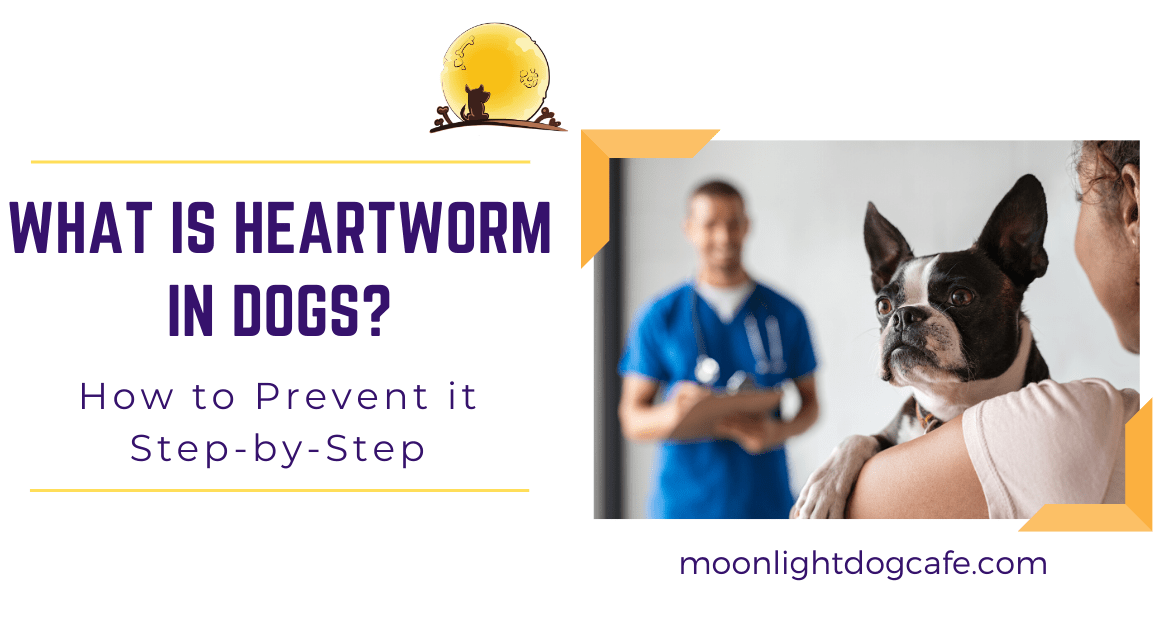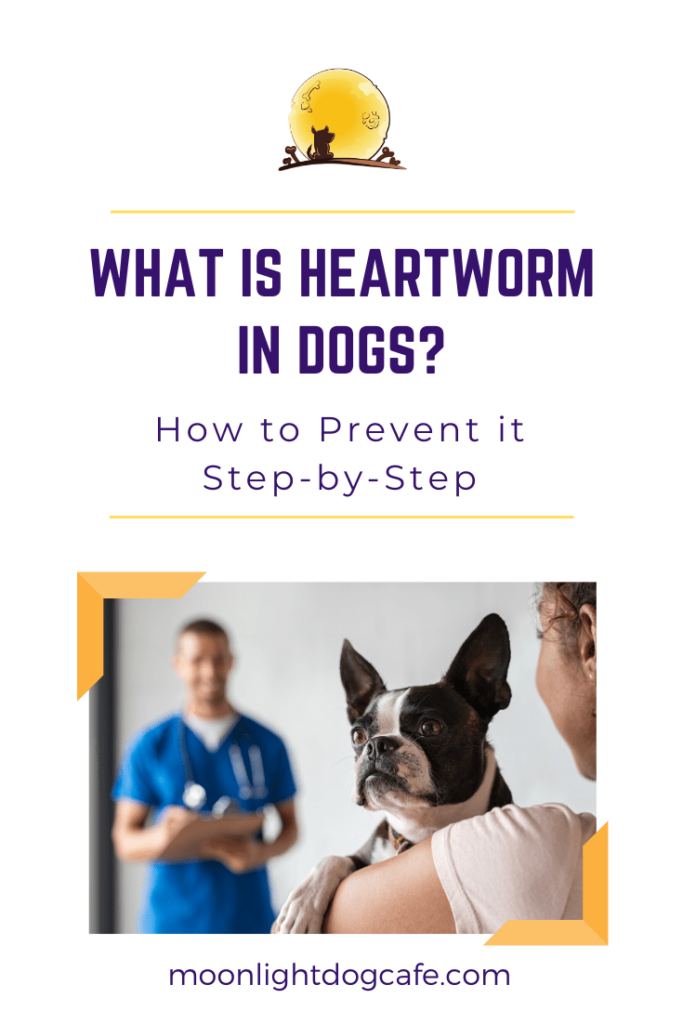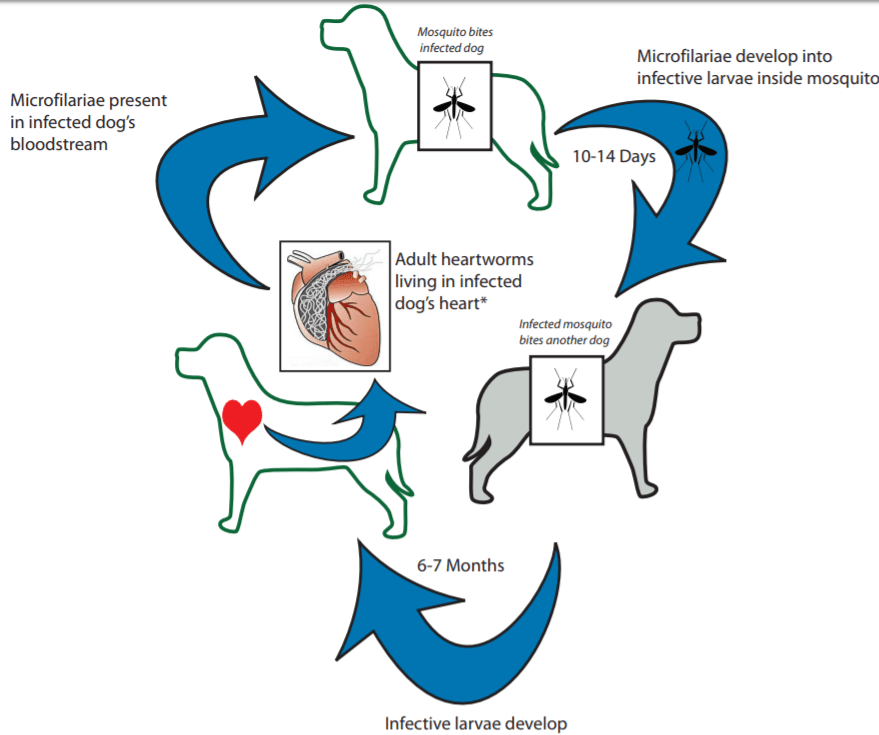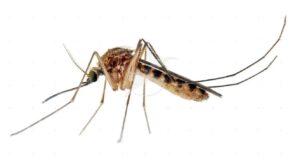
How to Prevent Heartworm in Dogs in Canada
Heartworms in Dogs Canada
As the weather warms up in some parts of Canada, most dog owners start thinking of heartworm in dogs and by extension prevention of heartworm. However, what is heartworm in dogs? Heartworm disease in dogs is actually a misnomer.
Heartworm is a parasite and less of a disease. What heartworms do to the dog is that they result in primarily heart and lung failure.
Is Heartworm in Dogs Contagious?
When an infected mosquito bites a dog, it transmits these parasitic worms. These parasitic worms in adult form live primarily in the heart and lungs of the infected animal and as such the name heartworm. The “disease” is not contagious meaning that your dog can’t get it from being next to another dog. The transmission of the parasitic heartworm is only through mosquito bites.
Can Cats Get Heartworm?
Cats are not natural hosts for the worms (i.e. most worms do not develop into adults in cats). However, cats can still get heartworm. The number of worms will be significantly less than dogs if at all infected. Note that for cats, prevention is the best solution as cats cannot be medicated with heartworm drugs used for dogs. This is based on information from the American Heartworm Society. There seem to be a number of new heartworm preventives that are now available.
How Does a Dog Get Heartworm?
Heartworm in dogs occurs in ONLY these conditions:
- When a mosquito bites an infected dog, the mosquito becomes infected with the parasite. The parasite evolves from a microfilarae into infective larvae.
- The next stages all happen in the mosquito. In order for the larvae to develop (Stage L-1 to L-3) in the mosquito, the temperature must not go below 14 C for at least two weeks. If at any point the temperature drops, the process is halted.
- Full development cannot occur if the temperature is not above 18 C for at least two weeks. This means it could be a cumulative of 1 month at those temperatures for development in the mosquito.
- At stage L-3, the larvae are transported into the saliva of the mosquito to be transmitted to a dog.
- The larvae undergo a transition to stage L-4 when a mosquito bites the dog and are under the dog’s skin and take about 3 to 4 months to develop into L-5 and travel in the dog’s bloodstream to the heart and lungs.
- It then takes another approximately 6 months to reach adult maturity as heartworms (L6).
Can Dogs Get Heartworm in Canada?
Yes. Heartworm occurs in warmer regions, where summer temperatures are high enough for the worm larvae to survive inside the carrier mosquitoes. The high-risk areas in Canada are southern Ontario, southern Quebec, Manitoba, and the Okanagan in British Columbia where it tends to get quite warm from Spring till Fall. Heartworm is also in most states in the US. (Source: Alberta Veterinary Medical Association).
What Do You Need to Do to Prevent Heartworm in Dogs?
Do you need to stay on a monthly heartworm drug regiment for dogs such as Heartguard in Canada?
NO, according to a number of holistic vets.
A good analogy I’ve heard is – staying on a monthly heartworm drug regimen is the same as applying sunscreen at night. Meaning it is pointless when mosquitos are not in season. This is especially true in the context of most Canadian dogs.
From the information on larvae development, you can deduce that providing your dog with a heartworm medication every month is counterproductive especially when it gets cold.
According to research conducted and also the article below from holistic vet, Dr Dobias, you are not purchasing more protection for your pet. He suggests reducing your heartworm medication to once every 3 to 4 months. Other holistic vets recommend at six to eight week intervals if you have to use these at all.
What Are the Side Effects of Heartworm “Medication” for Dogs?
Medications used for heartworm prevention in dogs include Heartgard, Proheart6 and Revolution. In these dog heartworm “medicines,” the active ingredients evaluated included ivermectin, moxidectin and (selamectin).
- Heartgard has ivermectin
- Proheart6 has moxidectin and
- Revolution uses selamectin.
An FDA study in 2004 showed adverse reactions ranging from depression, vomiting, limpness, licking lips, shaking, diarrhea, liver lesions, anaphylaxis, convulsions to severe cases of death. Despite using the preventatives, the study showed that in some cases, the dogs were not protected at all and reported heartworm infections. Meaning that dogs can still become infected or dogs can have worms despite being on these pesticides.
- Newer medications on the market include Trifexis, Nexgard, Bravecto and Simparica, which are new chewable combination pills. Trifexis, Nexgard, Bravecto and Simparica given to your dog are meant to prevent heartworm and protect them from fleas.
- However, the side effects include vomiting, kidney failure in some cases and for Simparica, seizures and a dog being studied had to be euthanized when overdosed.
We’d suggest that you research each product to see the list of adverse reactions before deciding to put your pet on these medications.
Why Is All This Detail Not Provided By the American Heartworm Society?
Not sure but likely because all their sponsors are pharmaceuticals who manufacture heartworm medications. Seems to be a fair amount of conflict of interest here.
Heartworm is a difficult “parasite” that needs to be dealt with in dogs. However, consumers should be made aware of all the information so that they can make an informed decision. Pet parents in Florida may need year-round heartworm treatment for their dogs or cats whereas those in Minnesota might need a more targeted approach.
How to Naturally Prevent Heartworm in Dogs Step-By-Step?

We prefer using the following natural approaches to prevent heartworm disease:
- Use blood testing to detect specific heartworm proteins, called antigens (DNA testing is more effective according to Dr. Dobias) to screen for any presence of heartworm before using heartworm preventatives at least once a year.
- Talk to your holistic vet about homeopathic treatments or heartworm medications which do not include unnecessary dewormers for dogs.
- If you’d like to use heartworm medications, Dr. Dobias suggests every 3 to 4 months in hot temperatures. Other vets suggest about 6 to 8 weeks if the conditions are right.
- You could also consider using the lowest effective dose according to another holistic vet.
- Look into natural herbal repellent collars or herbal spot on treatments that have Geranium Oil or citronella.
- These are also effective flea and tick repellents. Note that essential oils can be toxic to cats if ingested. Just because it is natural does not mean it should be dabbed on your animal.
- Here are some examples of herbal repellent collars and natural spot-on treatments formulated by a holistic vet for your dog’s safety.
Note that heartworm medications are insecticides that kill only the larvae and not the heartworm. In some cases now, some medications can kill the L5 stage. The treatment for adult heartworm is different. In the past, drugs used to kill heartworm were toxic and contained arsenic. Prevention based on the cycles tends to be the best key.
Follow us on facebook for more dog and cat health and training tips. Visit our website at www.moonlightpetstore.com for online shopping.





[…] Dog health: Heartworm prevention naturally […]
[…] Dog health: Heartworm prevention naturally […]